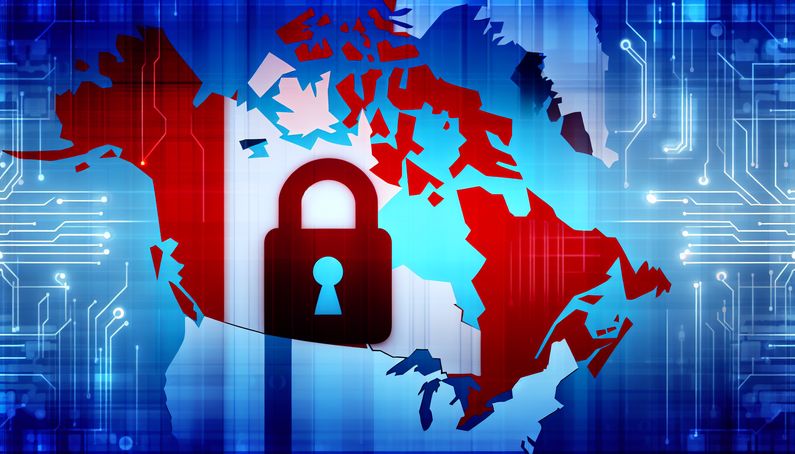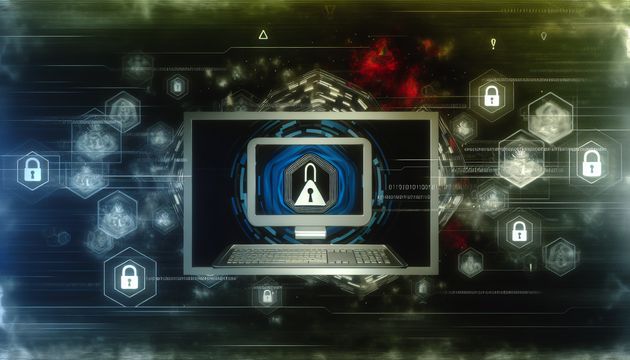
Canada Orders Hikvision to Cease Operations Over Security Concerns
The Canadian government has taken a decisive step by ordering Hikvision to cease its operations within the country, citing significant national security concerns. This decision, rooted in the Investment Canada Act, reflects a broader strategy to safeguard critical infrastructure from potential foreign threats, particularly those linked to Chinese technology firms. Hikvision, known for its surveillance cameras, has been under scrutiny for vulnerabilities that could potentially allow unauthorized access to sensitive data. The company’s partial ownership by the Chinese government further exacerbates concerns about its independence and the security of Canadian data (IPVM).
Government’s Decision and National Security Concerns
The Canadian government’s decision to order Hikvision to cease operations in the country stems from significant national security concerns. The Investment Canada Act was utilized to conduct a thorough review, which concluded that Hikvision’s continued presence could be detrimental to Canada’s national security. The review involved input from Canada’s security and intelligence agencies, highlighting the gravity of the situation. The decision to shut down Hikvision’s operations is part of a broader strategy to protect critical infrastructure from potential foreign threats, particularly those associated with Chinese technology firms.
Security Risks Associated with Hikvision Products
Hikvision’s products, primarily surveillance cameras, have been scrutinized for potential security vulnerabilities. Experts suggest that these vulnerabilities could allow unauthorized access to sensitive data or enable surveillance by foreign entities. The Canadian government has not publicly disclosed the specific details of the security threats posed by Hikvision products. However, the company’s partial ownership by the Chinese government raises concerns about its independence and potential obligations to Beijing, which could compromise the security of Canadian data and infrastructure.
Historical Context and International Precedents
Hikvision has faced international backlash over the years, with several countries imposing bans or restrictions on its products. The United States, for instance, added Hikvision to a trade blacklist in 2019 due to similar security and human rights concerns. The Canadian government’s decision aligns with actions taken by other nations, reflecting a growing consensus on the risks associated with Chinese technology firms. This move also aligns with pressures from Washington, which has been urging allies to address vulnerabilities linked to Chinese Communist Party influence in critical infrastructure sectors.
Impact on Hikvision’s Operations and Clients
The order for Hikvision to cease operations in Canada mandates a nationwide exit, affecting not only the company’s direct operations but also its network of distributors and clients. Federal departments, agencies, and crown corporations are banned from purchasing or using Hikvision surveillance products. Additionally, the government is auditing existing facilities to identify and remove any Hikvision products that are already in place. This comprehensive approach underscores the seriousness of the security concerns and the need to mitigate potential risks associated with Hikvision’s technology.
Broader Implications for Tech and Trade
The shutdown of Hikvision Canada Inc. arrives at a time of heightened scrutiny of Chinese technology firms globally. Countries like India and the United Kingdom have also taken steps to limit or ban Hikvision’s products, reflecting a growing consensus on the risks associated with such technologies. The Canadian government’s move is seen as a strategic alignment with U.S. interests, potentially influencing future decisions on other foreign investments and technologies. This development serves as a stark reminder of the intersection between technology, security, and international politics, where even established global players can find themselves on the losing side of a rapidly shifting landscape.
Final Thoughts
The Canadian government’s decision to order Hikvision to cease operations underscores a growing international consensus on the risks associated with Chinese technology firms. This move aligns with actions taken by other countries, such as the United States, which previously blacklisted Hikvision due to similar concerns (WebProNews). As nations continue to navigate the complex landscape of technology and security, the case of Hikvision serves as a reminder of the delicate balance between technological advancement and national security. The broader implications for tech and trade are significant, as countries reassess their relationships with foreign technology providers (TechNode).
References
- Bloomberg. (2025, June 28). Canada orders Hikvision to cease local operations. https://www.bloomberg.com/news/articles/2025-06-28/canada-orders-hikvision-to-cease-local-operations
- IPVM. (2025). Hikvision Canada order. https://ipvm.com/reports/hikvision-canada-order-25
- WebProNews. (2025). Canada bans Hikvision over security and rights concerns. https://www.webpronews.com/canada-bans-hikvision-over-security-and-rights-concerns/
- TechNode. (2025, June 30). Canada orders China’s Hikvision to shut down on national security grounds. https://technode.com/2025/06/30/canada-orders-chinas-hikvision-to-shut-down-on-national-security-grounds/



